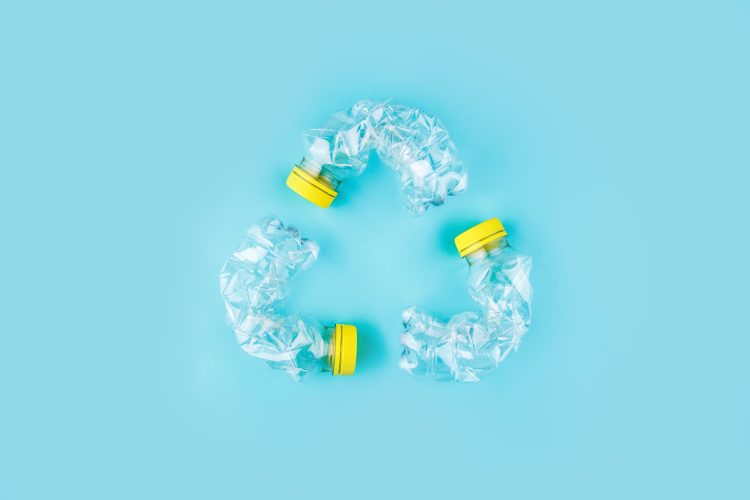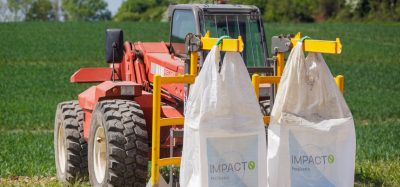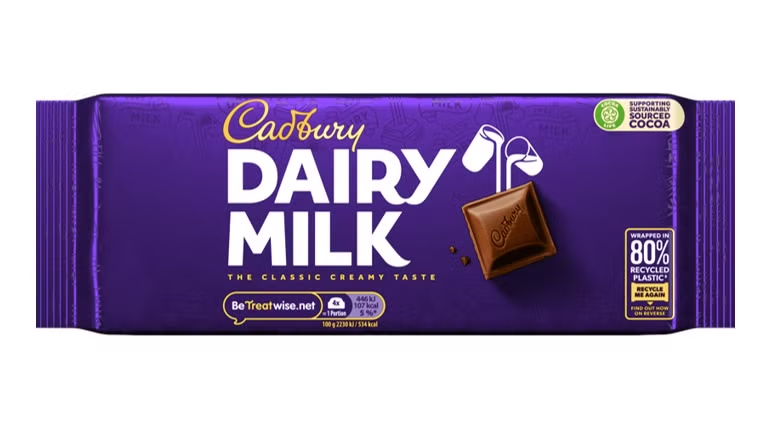EU beverage industry SMEs demand fairer access to recycled PET
- Like
- Digg
- Del
- Tumblr
- VKontakte
- Buffer
- Love This
- Odnoklassniki
- Meneame
- Blogger
- Amazon
- Yahoo Mail
- Gmail
- AOL
- Newsvine
- HackerNews
- Evernote
- MySpace
- Mail.ru
- Viadeo
- Line
- Comments
- Yummly
- SMS
- Viber
- Telegram
- Subscribe
- Skype
- Facebook Messenger
- Kakao
- LiveJournal
- Yammer
- Edgar
- Fintel
- Mix
- Instapaper
- Copy Link
Posted: 13 September 2022 | Grace Galler (New Food) | No comments yet
Small to medium-sized enterprises call on the EU to act, as recycled PET continues to be “unfairly” distributed in the beverage industry.


Small to medium-sized enterprises (SMEs) within the beverage sector are calling on the EU to act, as they claim access to recycled PET is limited.
According to UNESDA Soft Drinks Europe, recycled PET is “becoming almost as rare and expensive as white truffles or gold”. This is because the demand for qualitive recycled PET (rPET) from beverage bottles exceeds the quantity there is on offer.
PET, otherwise known as polyethylene terephthalate, is used to package 70 percent of bottled water, carbonated drinks, fruit juices and dilutable drinks, according to the association, Recycle The One. It also claims that PET has a smaller carbon footprint than other packaging alternatives and is the most recyclable plastic in the world. Given the sustainability agenda, it’s not surprising it’s a material in such demand.
Several companies in the soft drinks sectors have either restricted or no access to rPET, the UNESDA claim, despite some of it coming from their own packaging.
SMEs are especially vulnerable as the majority cannot afford the increasing prices of recycled materials. In recent years, rPET price premium has overtaken virgin PET. In Europe, recycled PET is reported at a 30 percent-plus premium over virgin PET, ICIS’ James Ray told Plastics Today.
Commenting on the forecast for recycled PET prices, the Portuguese SME, Água de Monchique, anticipated “when more producers will start incorporating rPET to meet the 2025 and 2030 targets, the access to rPET will be even more limited and the situation may get worse”.
Currently, the recycled PET bidding system does not work in the favour of SMEs, as it is defined by what the highest bidder is willing to pay. These bids can be from businesses across the food, textile and automotive sectors, so the competition is fierce.
Although this form of bidding may benefit recyclers, many SMEs with recycled content targets cannot access the necessary material to comply with their legal obligations. Nor it is fair that the current pricing favours downcycling over closed-loop recycling, states UNESDA.
“The demand for high quality recycled PET is growing by the day, which means it becomes increasingly difficult to get the right amount of rPET. To stay competitive with larger companies, for an SME like us, it is very important that basic rules about the buying of recycled PET from our packaging are set. It means we should have the first right to buy back the amount of recycled PET in proportion to what we put on the market”,” said Bert Harwig, SHEQ Manager at United Soft Drinks, a Dutch beverage SME.
To resolve the problem, the EU could introduce a priority access mechanism or right of first refusal in the nearing revision of the EU Packaging and Packaging Waste Directive (PPWD). This means that even small producers would have the opportunity to purchase the recycled material issued from the recyclable packaging it put on the EU market itself (after adjustment for collection or recycling rates).
The benefits of the suggested system could include:
- Placing all beverage producers, including SMEs, in a position to meet their mandatory recycled content targets
- Considerably reducing the downcycling of PET bottles by promoting bottle-to-bottle recycling
- Incentivising all sectors, including those outside the beverage industry, to invest in the recyclability and collection of their products.
This proposal has had a promising response from soft drinks producers across Europe, with many supporting the idea.
Commenting on the proposal, Portuguese beverage company, Super Bock Group, said: “We are convinced that such a mechanism would allow a better circularity of our packaging, with clear benefits for the environment. We are aware of the appetite of several non-food industries for the recycled material coming from beverage bottles, but the right way is to ensure the reuse of this recycled material in new beverage packaging cycles, thus avoiding downcycling.”
Additionally, Jean Thibault Geerts, Corporate Innovation, CSR & IT Director for the French intermediate-sized enterprise, Laiterie de Saint Denis de l’Hôtel (LSDH), said: “LSDH believes that every beverage producer (from multinationals to SMEs) should have an equal access to recycled material, considering the recycled content targets and the food-contact safety requirements imposed on our sector. Equal access means that the distribution of recycled material should be made in due proportion to the quantities placed on the market by a given producer. Thanks to such a mechanism, all producers (SMEs included) will be able to secure the possibility to buy the recycled material issued from the quantity of recyclable material they put on the market, and therefore to meet the EU and national recycled content targets.”
Even before the EU policy has been approved, some SMEs in Europe have decided to take matters into their own hands. Several countries have already understood that promoting closed-loop recycling is a key feature of an effective circular economy.
“In the founding documents of the Slovak DRS we committed ourselves to support closed-loop recycling and to create the conditions that will secure priority access to recycled material to all producers registered in the Slovak DRS. Each producer, local or not, big or small, has the same opportunity to use its right of first refusal to access a share of material (collected and sorted), based on the quantity and quality it put on the Slovak market,” said Lucia Morvai, Director of External Affairs & Communications of the DRS Administrator.
“We do believe that this system will allow producers to close the loop of beverage packaging and significantly contribute to reach ambitious recycled content targets, avoid downcycling and support the principles of a circular economy.”
UNESDA has called on the European Commission to act to solve the issue of access to recycled material in the EU by introducing a priority of right mechanism of first refusal. This will allow for a fairer distribution of recycled PETs among SMEs, rather than simply allocating them to the highest bidder.
Related topics
Beverages, Environment, Packaging & Labelling, Regulation & Legislation, retail, Sustainability
Related organisations
EU Packaging and Packaging Waste Directive (PPWD), European Commission, Laiterie de Saint Denis de l’Hôtel (LSDH), Recycle The One, Slovak DRS, Super Back Group, Unesda, United Soft Drinks









